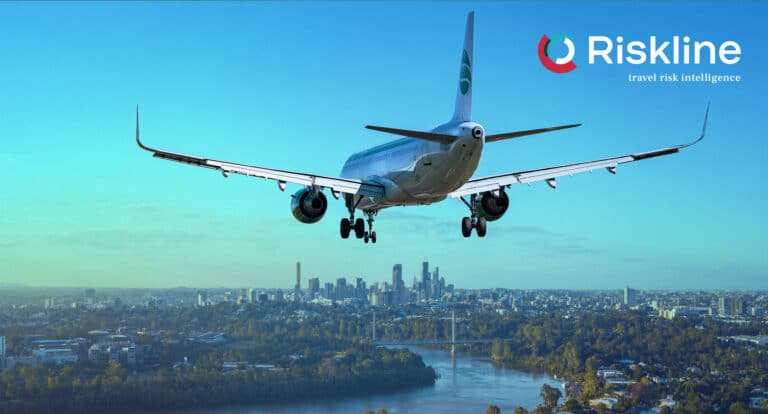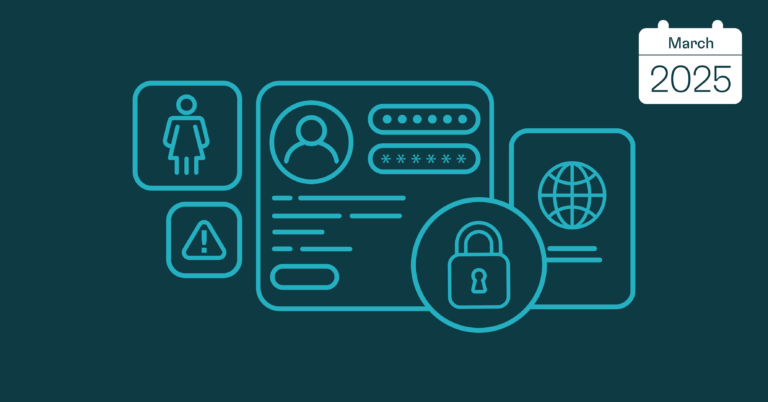Tokyo Olympics 2020 updates
In March 2020, the Japanese government and the International Olympic Committee (IOC) agreed to postpone the 2020 Summer Olympics to 2021. The IOC President Thomas Bach in July spoke out against a closed-door Olympics. However, his comments coincided with many countries suffering from a “second wave” of COVID-19 infections worse than the first. Since the postponement, multiple major sporting events – the Premier League, Bundesliga, La Liga, Formula 1 and UFC – have resumed without spectators. Leaving no precedent for holding an event as large as the Summer Olympics during the pandemic period. The number of athletes competing alone has surpassed 10,000 during previous games, on top of hundreds of thousands of fans and workers involved in holding the event.
How can we mitigate the risk of Covid-19?
We can mitigate the risk of a COVID-19 outbreak during the Olympics with steps similar to what governments have adopted against the virus. This includes extensive testing, distancing, contact tracing, and planning for a worst-case scenario. Requiring spectators to present a negative COVID-19 test result and a medical certificate can help limit transmission and allow entry to Japan. After fans can be tested again before and after each event that they attend. If there is a vaccine available before the Olympics begins in July 2021, people might need to provide proof of vaccination. Athletes, coaches and staff must also undergo regular testing to make sure that they are free of COVID-19. To ensure that testing would be widely available, testing facilities can be set up at the Olympic Village and tourist accommodations.
The risk of COVID-19 can decrease further with a system to ensure comprehensive contact tracing. Attendees of the Olympics may need to install an app or have a wearable for contact tracing, as a requirement to be allowed entry into an event. If someone tests positive, the infected person and anyone nearby would be required to self-isolate.
What further steps can the IOC implement to counter Covid-19?
As with all strategies against COVID-19, mitigation measures at the Summer Olympics must include social distancing whenever possible. To ensure social distancing, implement the following measures including holding the opening and closing ceremonies behind closed doors; closing kiosks, vendors, and shops at sporting grounds to prevent large queues; and capping the maximum number of spectators allowed at indoor events. Athletes must limit interaction to team members only and vacate venues immediately after events. These steps may reduce revenue but increase the likelihood of games proceeding with spectators.
The final step is planning for the worst-case scenario of a mass outbreak. IOC and Japanese officials must ensure sufficient capacity for self-isolation and treatment. Authorities can order arriving fans to stay at a hotel on a pre-approved list of accommodations suitable for self-isolation. While ensuring that the city has enough hospital beds and medical personnel available to treat patients. In the event of a mass outbreak during the games, officials may consider holding the remainder of the event without spectators or ending it early. They can set a threshold for a certain percentage of COVID-19 cases among attendees as the criterion.
How would the Summer Olympics 2020 take place?
The pandemic has raised concerns about the Summer Olympics in 2021. The Japanese government and IOC officials need to acknowledge that holding the games in the “old normal” is not possible. Averting a closed-door Olympics, a second postponement or outright cancellation. All these will require extensive efforts to reassure stakeholders worldwide that it is possible to hold the games safely. Mitigating the risk of COVID-19 transmission through proactive testing, contact tracing, and isolation may be costly.
Stay up to date with Riskline Informer.

